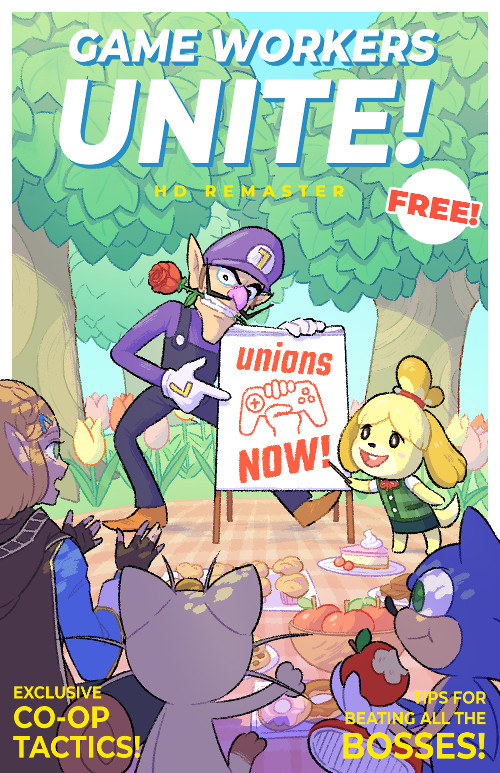Many studios offer contracts to their employees that include some sort of "profit-sharing" scheme. This sounds nice at first glance: why wouldn't you want a share of the profits if the game you're working on does extremely well? The issue is that these profit-sharing deals are fundamentally a way of offloading company financial risk from the owners to the workers.
Unlike shareholders, workers who sign into profit-sharing agreements are not actually given any ownership over the company, nor are they granted any power or influence in its decisionmaking process. They're promised a variable amount of money based on how much profit the company makes, but without any real control over it. There are countless stories in our industry of workers who agree to a lower salary than they would demand otherwise in exchange for a percentage of the sales because they truly believe in a project, and work hard on it for years — only for it to get cancelled without warning by an upper-management decision, leaving them with nothing to show for their labour.
By giving workers a promise of future profits instead of a better salary, owners are effectively transferring some of their own financial risk onto the workers themselves, while maintaining absolute and total control over the decisions of the company. Employees can be paid less while a game is in development, and if for whatever reason it doesn't sell well (or management cancels it), then it's their problem. If workers are going to invest hours of unremunerated labour into a project because they believe in it, they should be given actual ownership and real decision-making power over it, as in a workers' cooperative. In any other situation, a higher guaranteed salary will almost always be a better deal for workers than a promised fraction of future profits.

